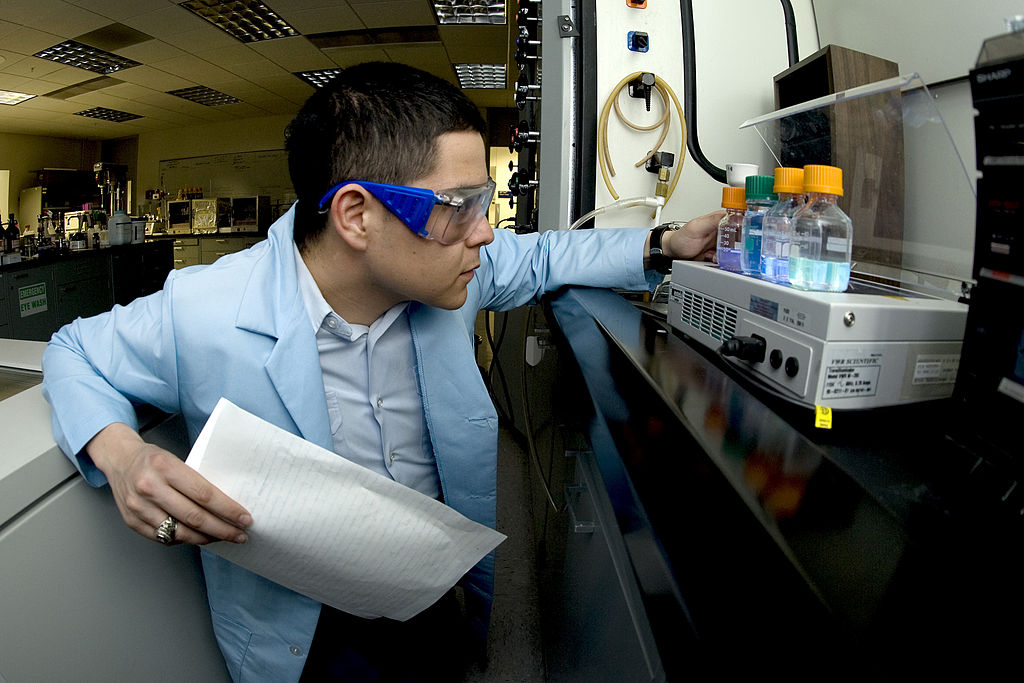

Project: InformalScience.org
One of the great struggles of science, technology, engineering, and mathematics (STEM) education is how to engage students and show them that what they are learning is relevant to their daily lives. It can also be difficult for both professional teachers and homeschooling parents to find up-to-date teaching materials to help bring concepts to life.
The Center for the Advancement of Informal Science Education (CAISE) is trying to change that. In association with the National Science Foundation (NSF), it has created a huge directory of resources. The materials include links to film and broadcast media, science centers, museums, zoos and aquariums, botanical gardens, nature centers, digital media and gaming, and citizen science, youth, community, and after-school programs. The site has recently been re-built to make it easier to use.
For example, one such listing is NOVA Labs, a site for teens and adults to do real science: predict solar storms in the Sun Lab, design renewable energy systems in the Energy Lab, or track major storms in the Cloud Lab. Another listing is the CryptoClub, a way to introduce middle school children to mathematics and cryptography.
You can also find a long list of resources for citizen science programs by clicking this search link. The site also includes resources from other websites such as: instructional materials, research and evaluation instruments, exhibit case studies and reviews, citizen science toolkits, and open source software. So, set aside a Sunday afternoon, a cup of tea, and a fresh browser bookmark folder, as you’ll find plenty here to keep you and your students or kids involved in great science activities!
—
Chandra Clarke is a Webby Honoree-winning blogger, a successful entrepreneur, and an author. Her book Be the Change: Saving the World with Citizen Science is available at Amazon. You can connect with her on Twitter @chandraclarke.
